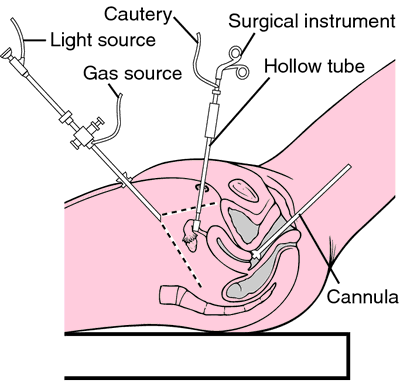While anorgasmia may sound like the name of an X-rated superhero, it is actually a health condition for 10-15 percent of sexually active women who are unable to achieve orgasm. Secondary orgasmic dysfunction, to be more exact, is a woman’s current inability to reach orgasm when she has been able to at least once in the past. Studies have shown that up to 35 percent of women are dissatisfied with the frequency or intensity of their orgasms.
There are many things weighing us down in modern life. Often, lack of orgasm is caused by psychological and/or physical factors. The good news is that if you are not satisfied with your ability to achieve orgasm, in most cases, it is highly treatable, so you should definitely should with your doctor. Here are some questions to ask:
- What may be causing my sexual difficulties? There are many things that could trigger anorgasmia for women, including: excessive stress, history of sexual abuse or rape, antidepressant drugs (Prozac, Paxil, and Zoloft, to name a few), pelvic-affecting conditions (multiple sclerosis, spinal cord injury, etc.), a learned negative behavior about sex, or domestic trouble in your relationship.
- Do I need any medical tests? Your doctor may check your medical history, and perform a pelvic exam to make sure there isn’t a physical reason for your difficulties. A therapist will investigate possible barriers to orgasm.
- What treatment approach do you recommend? Treatment could include education, cognitive behavioral and sexual therapy, and instruction.
- If you're prescribing medication, are there any possible side effects? Some anti-depressants and other medications could have sexual side-effects. Talk with your doctor if you recently started a new medication, or suspect medication may be affecting your ability to orgasm, or otherwise.
- How much improvement can I reasonably expect with treatment? Many women experiencing lack of orgasm see improved results with directed treatment related to their specific condition. You should give it time, and do all you can at home to help things along so you can reach your goals.
- Do you recommend therapy? A qualified sex therapist can help you work through any discomfort with sex through education, tips, and counseling. Exercises and varying techniques may help you gain focus needed to achieve orgasm.
- Should my partner be involved in treatment? Success often comes from being in a mutually satisfying, intimate relationship. Having a good relationship includes having open and loving communication with your partner. One way to achieve your goals is to include your partner in your treatment—try to inject more fun into intimate times with them, and try to learn sexual techniques or methods that work for both of you so you can have a pleasurable experience too.
- Are there any brochures or other printed material that I can take home with me? Which webs ites do you recommend visiting? Your doctors can recommend their favorite websites for educating yourself, gaining support, and learning about any available alternative treatment options.
This information is not meant to be a replacement for talking with your doctor; they can help you to get you on the right path for a more satisfying sex life.
Resources:
www.womenshealth.about.com Lack of orgasm
http://www.nlm.nih.gov/medlineplus/ency/article/001953.htm Orgasmic Dysfunction
Do you have a question about inability to reach orgasm (anorgasmia)? Check out EmpowHER’s sexual health page. Sign-up, post a question, share your story, connect with other women in our community and feel EmpowHERed!
Christine Jeffries is a writer/editor for work and at heart, and lives in a home of testosterone with her husband and two sons. Christine is interested in women’s health and promoting strong women.


